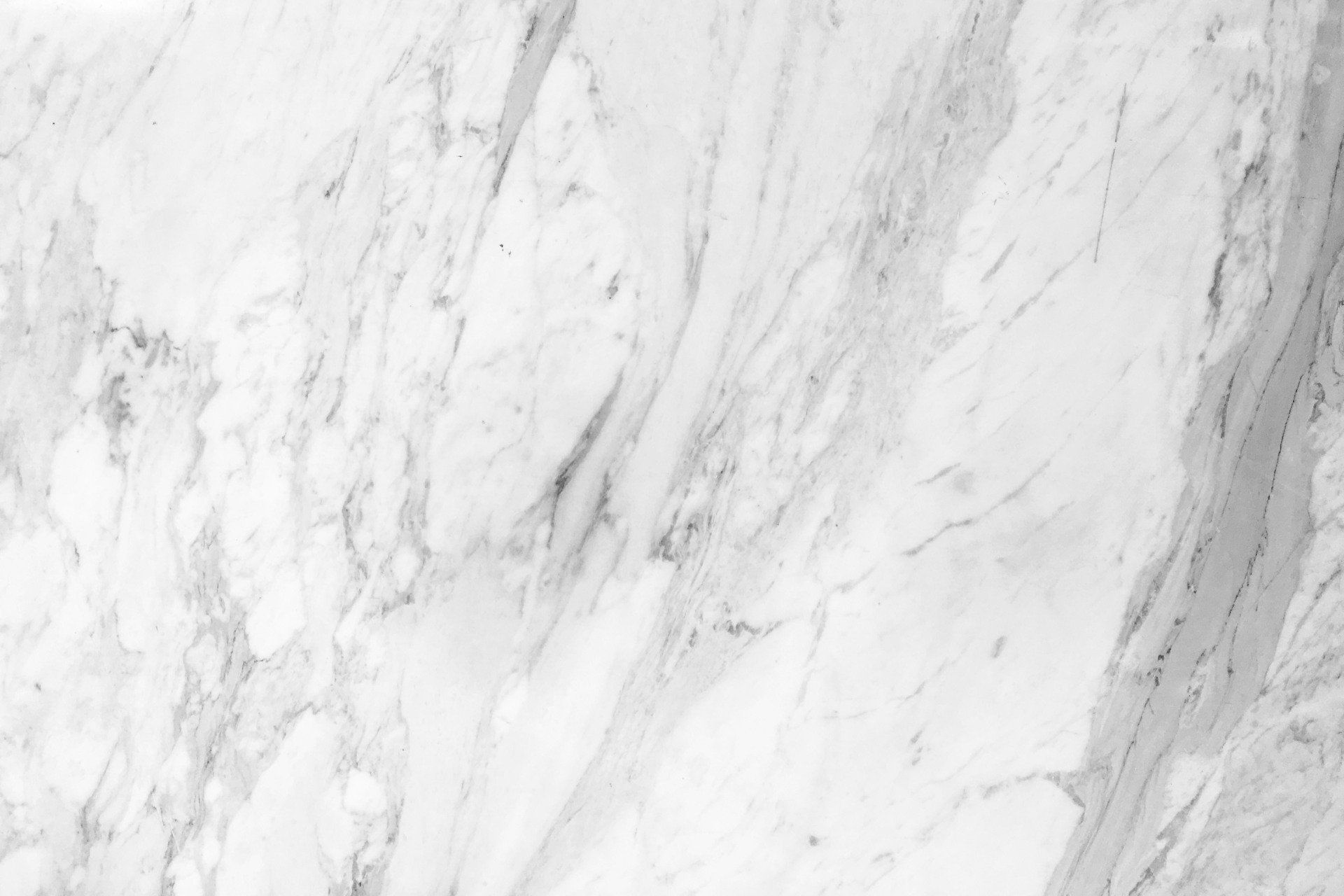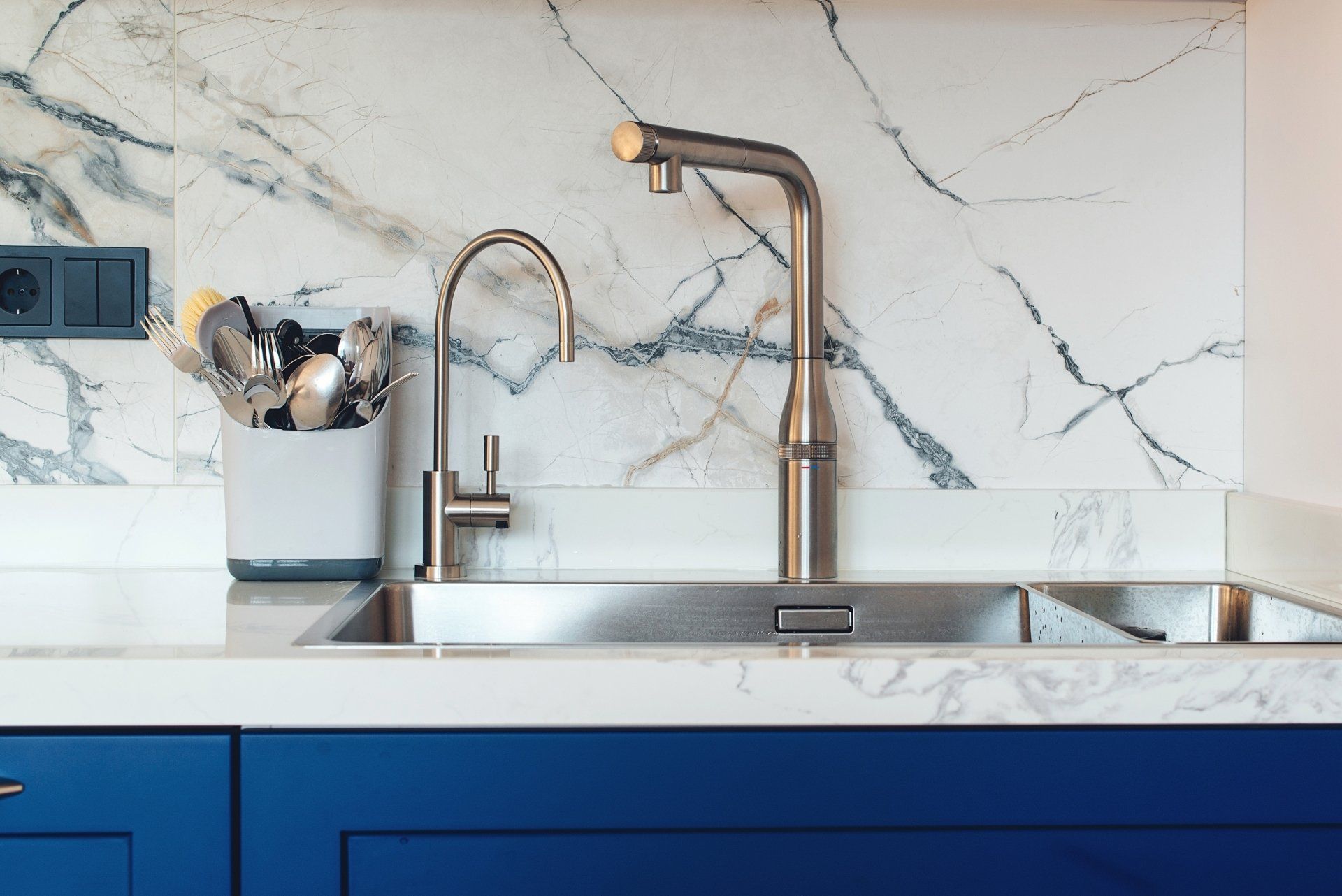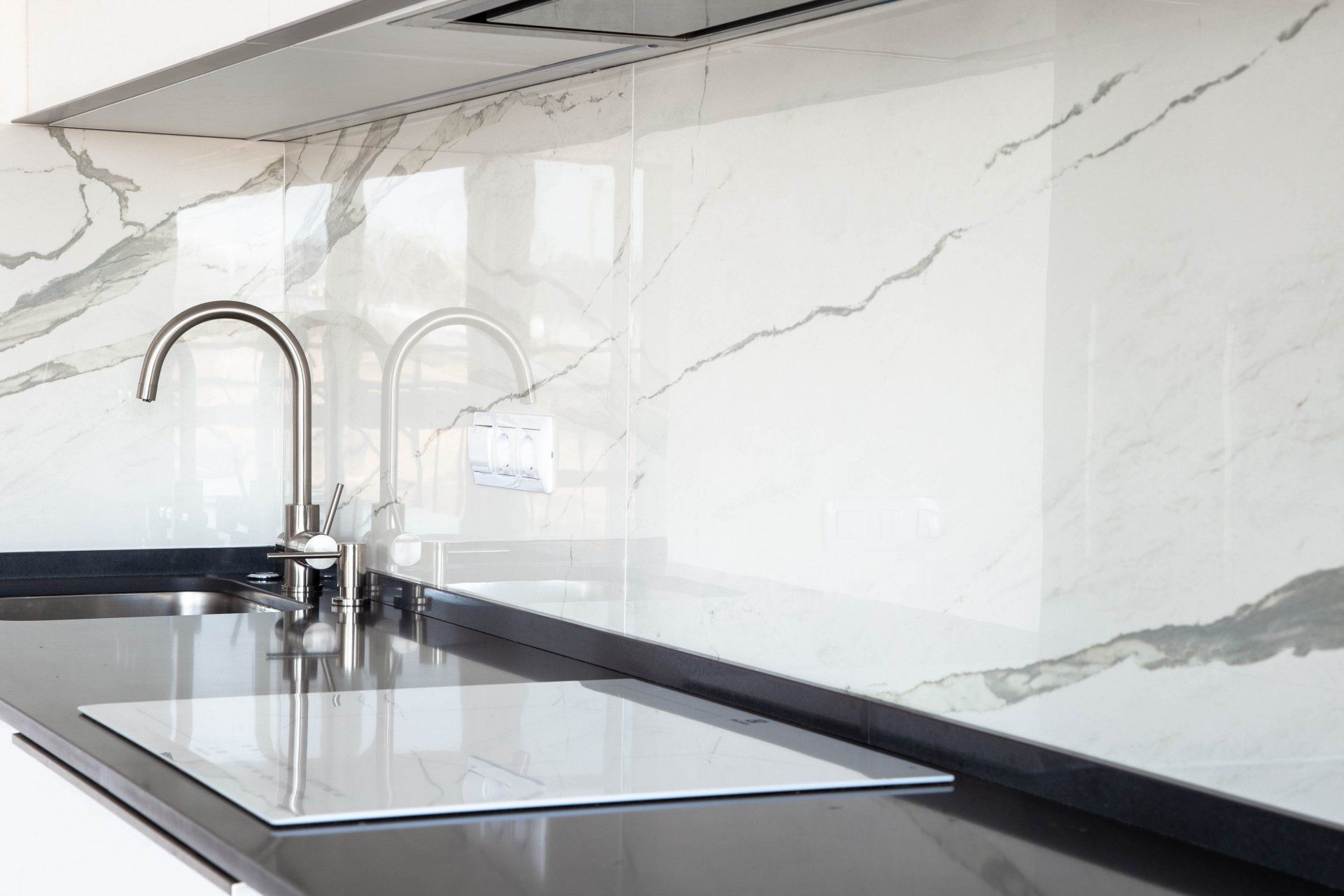Elevate Your Kitchen Design with Stunning Countertop Options
Cooking, hosting, eating, playing… Everything happens in the kitchen. Because of it, your kitchen countertop is more than a functional space: it’s an essential part of the home and it needs to accomplish many functions at once. How can you choose the right kitchen countertop?
Broadly speaking, there are two big categories of kitchen countertops materials: classic natural stone and artificial (man-made) materials. Natural countertops are usually made from natural stone that has only been cut, polished and sealed. Many people prefer natural countertops because they last for decades and go well with any styles. On the flip side, other materials have been engineered to need less care, making them perfect for busy households.
Granite Countertops

One of the most popular stone countertop materials, classic granite usually features gray and brown tones. Nowadays, however, you can find granite in a wide range of colors including blue, green, and off-white. Granite is durable, very strong, and needs minimum maintenance, so it’s a favorite for family homes.
What you need to know about granite countertops:
- Because of the nature of the rock, granite countertops come in big slabs. This means your countertop will have few if any seals which increases its lifespan.
- Granite is heat-resistant, so cooking and baking is easier.
- It needs to be sealed to resist stains, and refreshing the sealant every few years is a must.
Marble Countertops

Since marble doesn’t have the same color range as granite, it’s also been a favorite for years. This countertop material gives your kitchen a sleek, luminous touch that goes well with pretty much any design. Regular bakers love marble because it’s great for kneading and limits stickiness. Unfortunately, marble is also more porous and softer than granite, meaning regular upkeep and sealing is essential.
What you need to know about marble countertops:
- Marble is classic look for a timeless kitchen design
- Even though it is sleek and sophisticated, it is a good surface for baking
- Marble is high maintenance since it needs consistent sealing
- If not properly maintained, marble stains easily.
- Softer than granite: it will show knife marks if you cut on it.
Quartzite & Quartz Countertops
Although the name is similar, quartzite and quartz countertops are very different. Quartzite is a fully natural stone. This countertop stone has a similar look to marble, but is much stronger. This makes it a great option for those that need durability but like the sleek marble effect.

Quartz is one of the most popular countertop materials, with good reason. In spite of the name, quartz isn’t a natural stone: it’s actually an engineered material. This countertop type is made of more or less 90% quartz/quartzite and 10% acrylic. This results in a look that resembles natural stone, with 0% porosity.
The addition of acrylic also widens the color options available: nowadays you can even find brightly colored countertops in greens, blues and pinks.
What you need to know about quartzite countertops:
- Quartzite is very hard. For reference, granite is one of the hardest materials and ranks 7/10 on the Mohs scale. Quartzite is also a 7, but with the look of marble.
- Quartzite is luminous in appearance resembling the sleek look of classic marble.
- Like all stone countertops, it requires maintenance.
What you need to know about quartz countertops:
- Quartz is extremely durable.
- It requires almost zero maintenance.
- Quartz comes in a wide range of colors.
- It is more expensive than quartzite.
Other Countertop Materials To Consider
Slate Countertops
Slate is a relatively new material in kitchen design. While it is more limited in color palette than other options, this super dense stone is a favorite to give a rustic touch to your home. We’ve seen it often in farm- and cottage-style homes. Most slabs feature a single solid color (green to dark gray), but there are purple and mottled slabs available as well. Slate is naturally non-porous so it cleans up easily.
Butcher block
Have you ever seen wood countertops in a kitchen design? Those are butcher block counters. These are made of thick solid wood that has been carefully sealed and polished. Depending on the cut of the wood, you can end with very different looks, which gives some variety to the final design. Wood also gives a warm, homey touch to your kitchen, so it’s a favorite in modern designs. It also works wonderfully well when used on a kitchen island. Butcher block is a warm and cozy look and is more affordable than stone. It needs regular upkeep: a monthly sealer is a must to keep the counters protected. It lasts around 20 years which is more than laminate countertops but way less time than natural stone.
Concrete
Concrete countertops bring a minimalist, earthy feel to a kitchen. After being polished and sealed, concrete ends up being a rock-hard material that brings a modern industrial design to your space. Unlike traditional slabs, concrete countertops are poured into the final shape instead of cut. After the concrete is dry, your contractor will seal the surface with an epoxy-type product to keep it protected.
Colors can be mixed into the concrete before pouring your slab for a fully customizable tone. You can also embed small items as the slab sets to add even more personal details. It is scratch and heat-resistant and it needs regular maintenance much like stone.
Top Gunn Kitchen & Bath Design Center
9157 Commercial Way, Spring Hill, FL 34613
Florida Certified Building Contractor
#CBC1265904
Contact Us
We will get back to you as soon as possible.
Please try again later.





